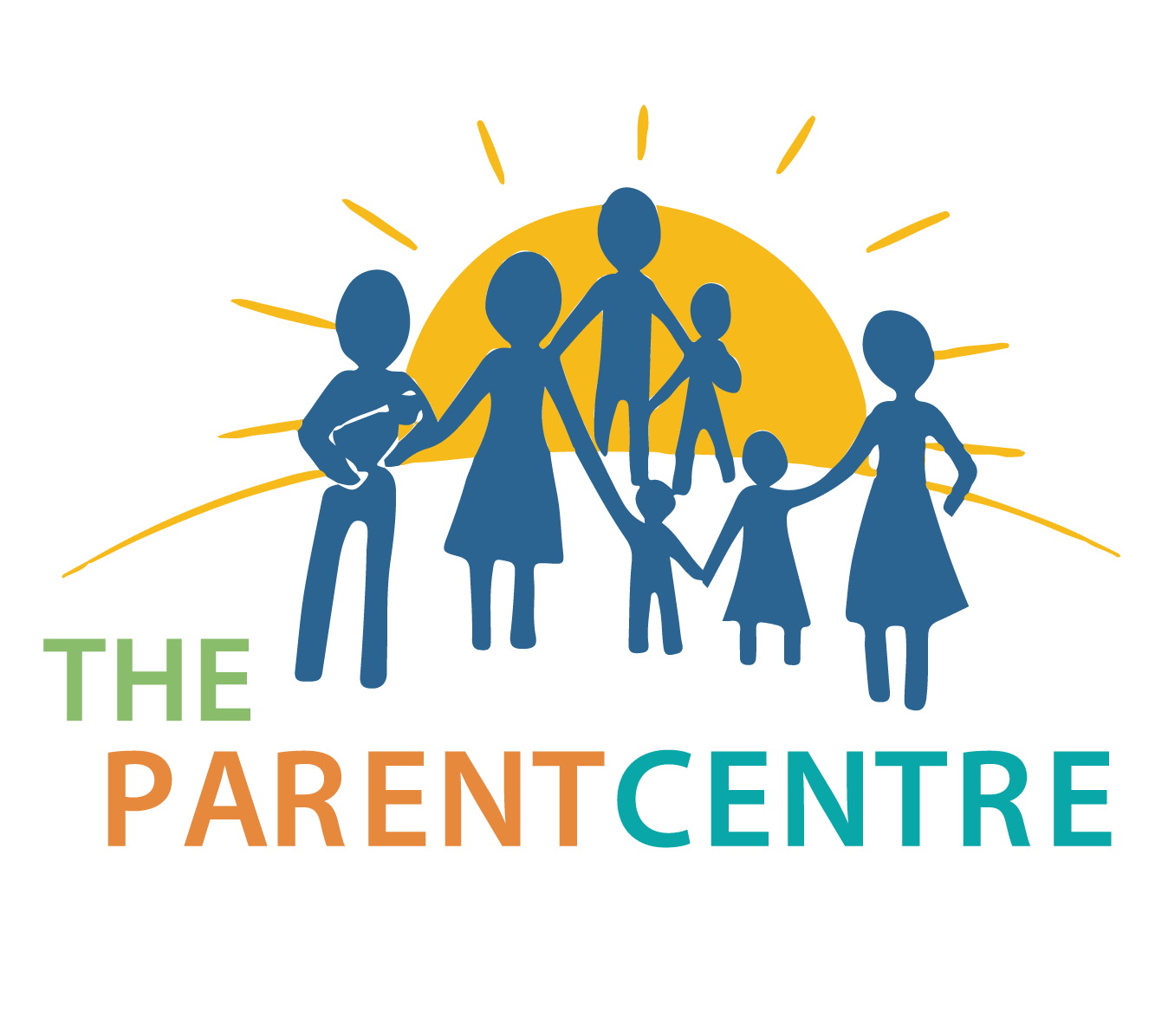The most common learning disabilities and how parents can help their child cope
Learning disabilities are disorders that affect the ability to understand, speak, or read language, do mathematics, and coordinate movements and functions.
These setbacks are more common to children than most people realise, with research citing that one in five children in the USA has a learning disability.
Although learning disabilities are genetic, other factors play a role such as premature birth, exposure to alcohol, drugs, toxins, or infections during pregnancy. While these disorders are present at birth, most of the time they are only picked up in school.
There is still a lot we don’t know about learning disorders and their exact causes. Psychology is a relatively new science so as we learn more about the brain, we can increase our understanding of these disabilities.
It’s important to note though, that learning disabilities are not linked to intelligence or motivation. People who have a learning disability are not “stupid” or “lazy.” Ironically high intelligence can often mask a learning disability.
Four different learning disorders and their symptoms.
- Dyslexia
This is the most common learning disability.
Dyslexia affects the reading and language processing skills. Common symptoms include reversing letters, and not being able to break words down. It can affect how we hear or process spoken language. It affects spelling, copying, and reading. Because reading and comprehension are such a vital early part of education Dyslexia can delay speech and reading. This can make children subconscious and affect self-esteem.
- Dyscalculia
This affects maths skills.
For children with this disorder, it’s difficult for them to understand mathematical concepts and do basic maths problems (addition, subtraction, multiplication, and division).
- Dysgraphia
This is a learning disability that affects a person’s ability to write, whereas Dyslexia is about reading and language processing.
Dysgraphia impacts letter spacing, the ability to organise thoughts and ideas into writing, and presents as children with messy and slow handwriting. This difficulty in translating thoughts into writing affects spelling, grammar and vocabulary, as well as critical thinking and memory.
- Auditory and visual processing disorders
Auditory processing disorders affect the processing of sounds.
A child’s ears may be fine, but the brain struggles to filter and differentiate sounds. A child may confuse the order or source of sounds and may struggle to hear a teacher’s voice against background noise. This can present as a language processing disorder where the child struggles to attach meaning to sound groups that make up words and sentences. Individuals with visual processing struggle to interpret letters into language.
ADHD and ADD are not learning disabilities
While both Attention-Deficit/Hyperactivity Disorder (ADHD) and Attention Deficit Disorder (ADD) have an impact on learning, just like Autism Spectrum Disorder (ASD) can have an impact on learning, these are not strictly classed as learning disabilities.
ADD and ADHD are neurological conditions with symptoms of inattention, distractibility and poor working memory (executive functions).
What makes ADHD/ADD different from learning disabilities is how they are treated.
ADHD/ADD may need medication, but it can also be positively impacted by diet, exercise, and mindfulness such as learning meditation, as well as coaching and counselling.
How parents can support a child with a learning disability
Parents should acknowledge the learning issues their children face while appreciating their differences.
Your child may be different, but some differences have benefits.
ADHD people can transition through emotions quickly which can mean they are not as affected by negative feelings. Children with a learning disability in one area may have strengths in others, for example, children who struggle to read can be excellent auditory learners.
Additional Tips on dealing with a learning disability
- Address any possible teasing and “othering.” Try to make your child feel unique and valuable for who they are.
- Become an advocate for your child. Research how you can practically help them with their disability.
- Join a support group, find parents with similar challenges and seek counselling. Having a child with a learning disability can feel like a burden and cause stress. It can trigger feelings of anger and failure, therefore support and self-care are important.
Need advice? Contact us here: https://theparentcentre.org.za/contact/
